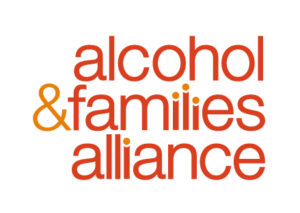
The Alcohol and Families Alliance, of which Adfam is a member and provides the secretariat, has published a new manifesto setting out the top four priorities to reduce harm caused to children and families by alcohol.
The Alcohol and Families Alliance is a network of over 50 voluntary and statutory organisations and individuals united in campaigning for policy change to reduce harms caused to children and families from alcohol. An estimated 4 million adults in the UK are affected by the drinking of a family member or friend, and 3 million children are living with parental alcohol problems.
The manifesto’s top four priorities include investing in services for children and families, tackling the affordability, availability and promotion of alcohol, reducing stigma, and the need for a new alcohol strategy.
Read the manifesto here: https://adfam.org.uk/wp-content/uploads/2024/06/Alcohol-and-Families-Alliance-Policy-Manifesto-2024.pdf
